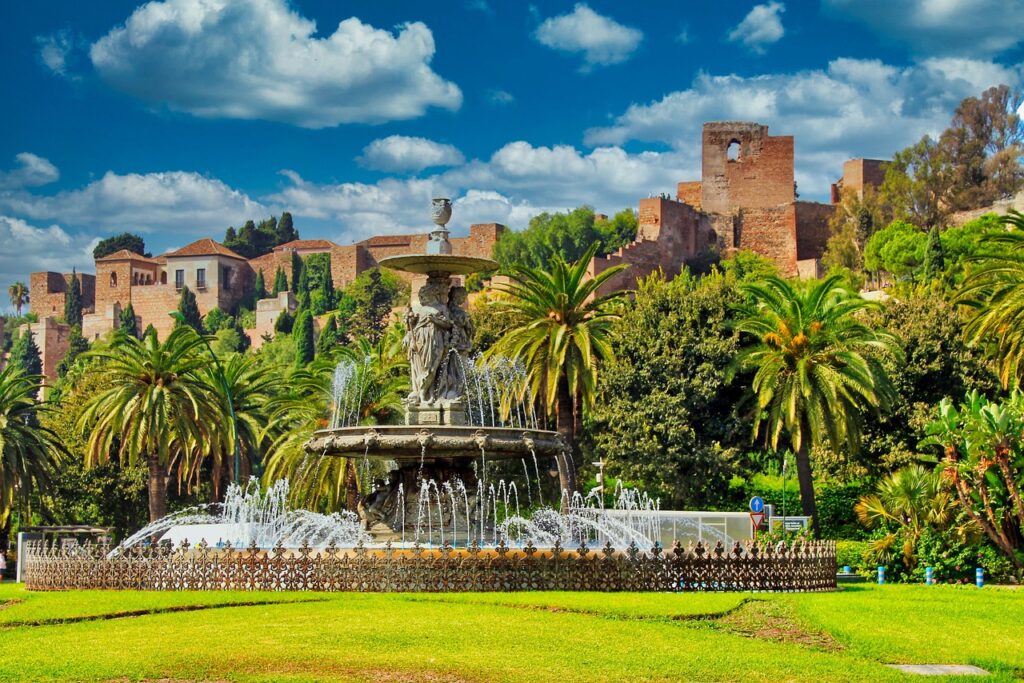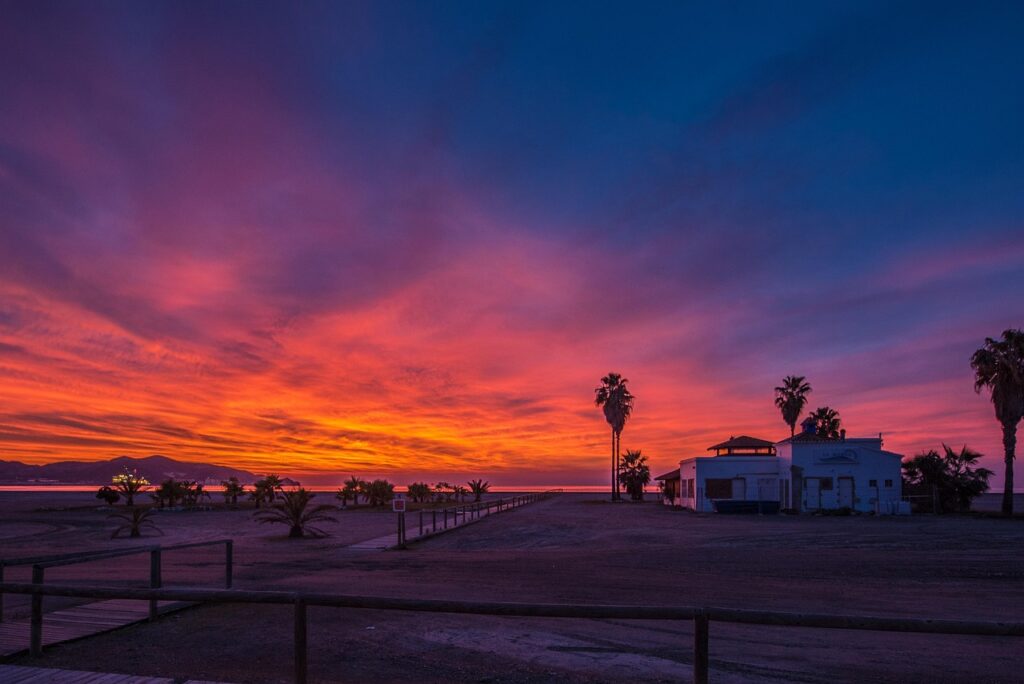Southern Spain, known locally as Andalucía, offers a distinctive way of life that has captivated visitors and expatriates alike for generations. The unique blend of rich history, vibrant culture, exceptional climate, and relaxed Mediterranean approach to daily living creates an appealing lifestyle that stands apart from the rest of Europe.

The Enchanting Climate
The region boasts one of Europe’s most favorable climates, with over 300 days of sunshine annually. Coastal areas enjoy mild winters rarely dropping below 10°C (50°F) while summer temperatures along the Costa del Sol are moderated by Mediterranean breezes. Inland cities like Seville and Córdoba experience hotter summers but compensate with spectacularly pleasant spring and autumn seasons.
This exceptional climate enables a predominantly outdoor lifestyle year-round, from al fresco dining to hiking in natural parks or simply enjoying an evening paseo (stroll) through charming town squares.
The Rhythm of Daily Life
Life in southern Spain moves at a distinctly different pace. The working day often incorporates a midday break, with many businesses closing between 2-5pm during the hottest hours before reopening until later in the evening. This creates a natural rhythm where days extend longer, with dinner rarely starting before 9pm and social gatherings often continuing well into the night.
The Spanish concept of “mañana” reflects not laziness but a philosophical approach to life that prioritizes well-being over rigid schedules. There’s a cultural understanding that some things can wait until tomorrow, reducing stress and allowing more time for family, friends, and personal enjoyment.
Gastronomy as a Way of Life
Food forms the cornerstone of Andalusian culture. The region’s cuisine emphasizes fresh, local ingredients transformed through simple preparation methods that highlight natural flavors. Olive oil, produced abundantly throughout the region, features prominently in nearly every dish.
The tapas culture originates from this region, where small plates of food accompany drinks in social settings. In cities like Granada, complimentary tapas still come with each drink ordered, encouraging extended social interaction over consumption.
Meals are rarely rushed affairs. Lunch, especially on weekends, might last for hours as extended families gather to share food, conversation, and connection. This attitude toward dining reflects the broader Spanish approach to life—savoring experiences rather than rushing through them.
Community and Celebration
Southern Spanish communities maintain strong social bonds through year-round celebrations. Nearly every town, no matter how small, hosts its own feria (fair) annually, featuring traditional music, dance, food, and festivities. Religious processions during Semana Santa (Holy Week) display remarkable cultural heritage, while summer brings countless local festivals celebrating everything from regional cuisine to historical events.
The concept of community extends to daily life, with neighbors often knowing one another and participating in collective activities. Public spaces serve as extensions of private homes, with plazas and promenades filled with people of all ages throughout the evening.
Property and Living Spaces
Housing in southern Spain reflects both historical influences and adaptation to the climate. Traditional properties feature thick walls to maintain cool interiors during summer heat, interior courtyards (patios) that create natural ventilation, and outdoor living spaces essential to the regional lifestyle.
Modern developments increasingly incorporate these traditional elements while adding contemporary amenities. Properties typically place greater emphasis on outdoor space—terraces, gardens, or balconies—acknowledging the region’s outdoor living orientation.
Coastal areas offer modern apartments with sea views and community facilities, while inland regions provide opportunities for both restored historical properties and newer constructions designed to complement the natural landscape.

Accessibility and Infrastructure
Despite its relaxed atmosphere, southern Spain offers excellent infrastructure and connectivity. High-speed rail links major cities, while regional airports provide convenient access to European destinations. Modern healthcare facilities combine with historic city centers to create environments where contemporary convenience meets traditional charm.
The region’s growing international population has led to increased multilingual services, international schools, and amenities catering to diverse needs, making the transition for newcomers increasingly seamless.
Embracing the Authentic Andalusian Experience
What truly distinguishes southern Spanish lifestyle is its authenticity. Despite tourism’s economic importance, local traditions, celebrations, and daily rhythms continue largely unchanged. Visitors and new residents find themselves welcomed into communities where centuries-old customs remain vibrant parts of contemporary life.
The southern Spanish lifestyle offers a compelling alternative to the faster pace found elsewhere—one that emphasizes quality of experience, human connection, and appreciation for simple pleasures. For those considering making this region their home, it promises not just a change of location but a transformation in how one experiences daily life.
